Centre for Men and Families Australia
Movember focusses on MEN and their mental health, not just Prostate Cancer!
Here is a safe place to go if you don’t have support you need.
Why CFMA Exists
Men in Australia are in crisis, killing themselves and others at fair higher rates than what is acceptable, and experiencing a wide range of challenges mostly stemming from a lack of emotional literacy. This crisis is costing our nation in many measurable and immeasurable ways, personally, socially and financially.
Therefore, The Centre for Men and Families exists to create a safe community for men to connect, learn, be loved and belong, so that they can journey deeper and experience transformation of the heart and bring the gift of who they truly are into the world, moving from being a source of dysfunction to a source of life and fulfilment for themselves, their families and our society.
“Our Dream”
Our dream is that every man in this country would have access to a group of mates that they can walk with shoulder to shoulder through life’s best and life’s worst. Our dream is that every man in this country would have a safe place where they can really talk about what’s going on, where they can share their story without the fear of judgment and find themselves heard and unconditionally loved. Our dream is that every man could experience the extraordinary strength that comes through being authentic about their weaknesses. Our dream is that every man in this country could be supported to recognise and embrace their hurts, disappointments, and limitations and find healing and wholeness. And our dream is that every man who finds healing and wholeness would pass on that generative wisdom to their families, society, and the next generation of males.
That’s our dream.
Over the next five years, The Centre for Men and Families will create a safe space for every single man in this country to have their experiences heard and honoured; a space where they can talk – really talk – and their story is welcomed without judgment; a space where they are free to recognise and embrace their hurts, disappointments, and limitations; a space where they are supported to transform their woundedness and pain by drawing on the very best of contemporary knowledge and ancient wisdom; a space where they are shown how to handle both their power and pain so as to be safe; and, above all, a space where they can find a group of mates to belong to and be real with.
Every. Single. Man.
![]()
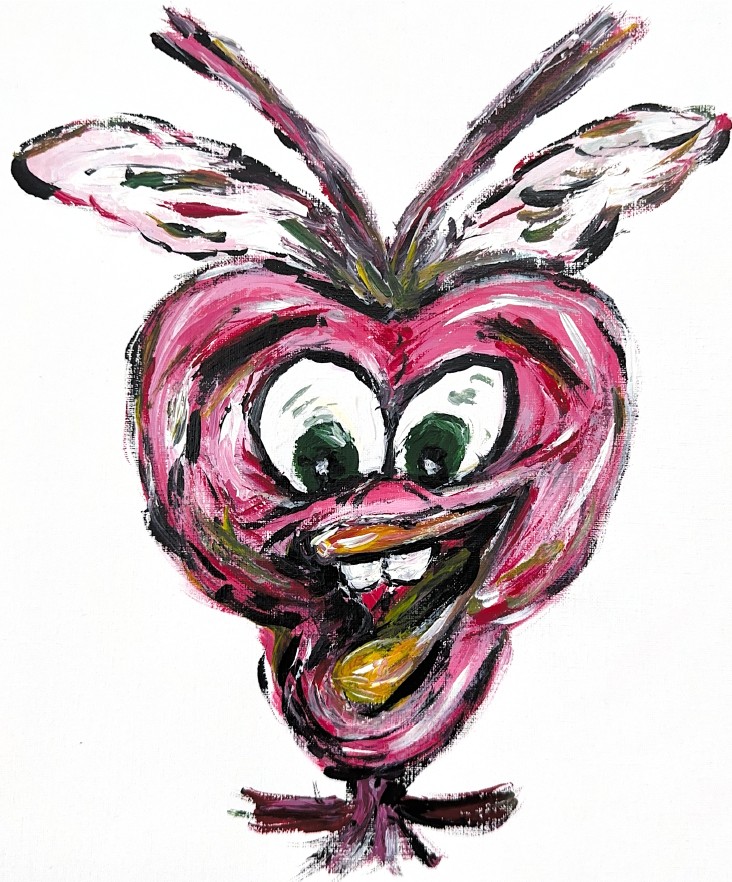
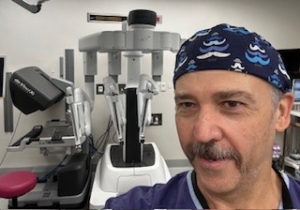
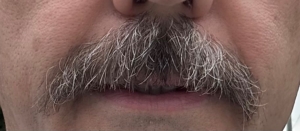

 mpanions. From work and finances to personal relationships and daily responsibilities, it’s easy to feel overwhelmed. But the good news is—you can take control.
mpanions. From work and finances to personal relationships and daily responsibilities, it’s easy to feel overwhelmed. But the good news is—you can take control.


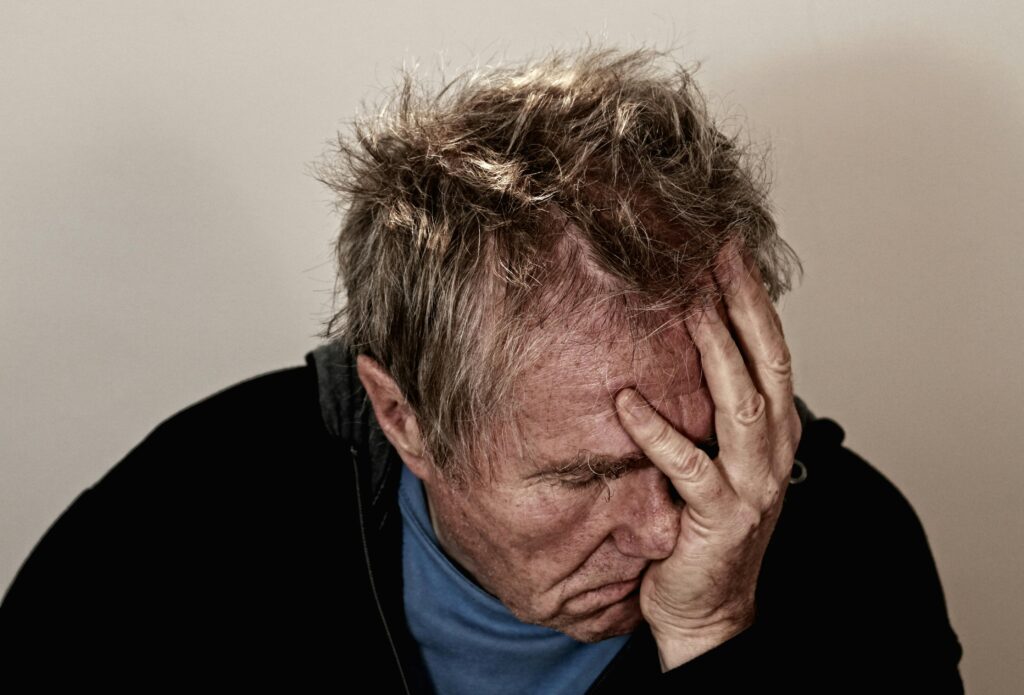

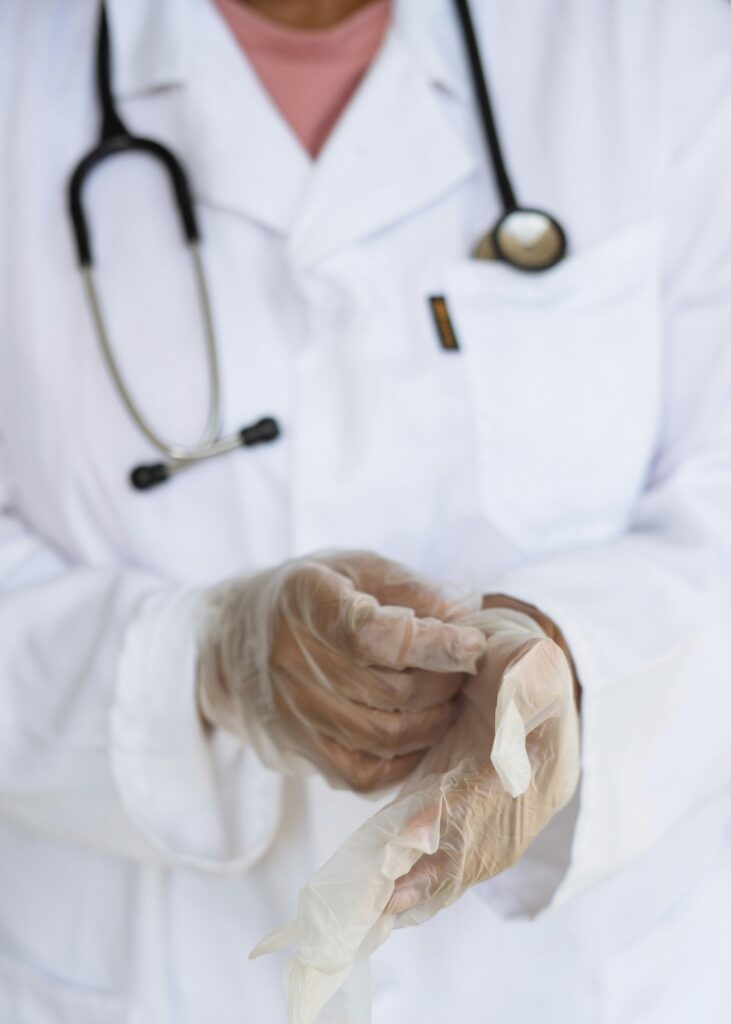
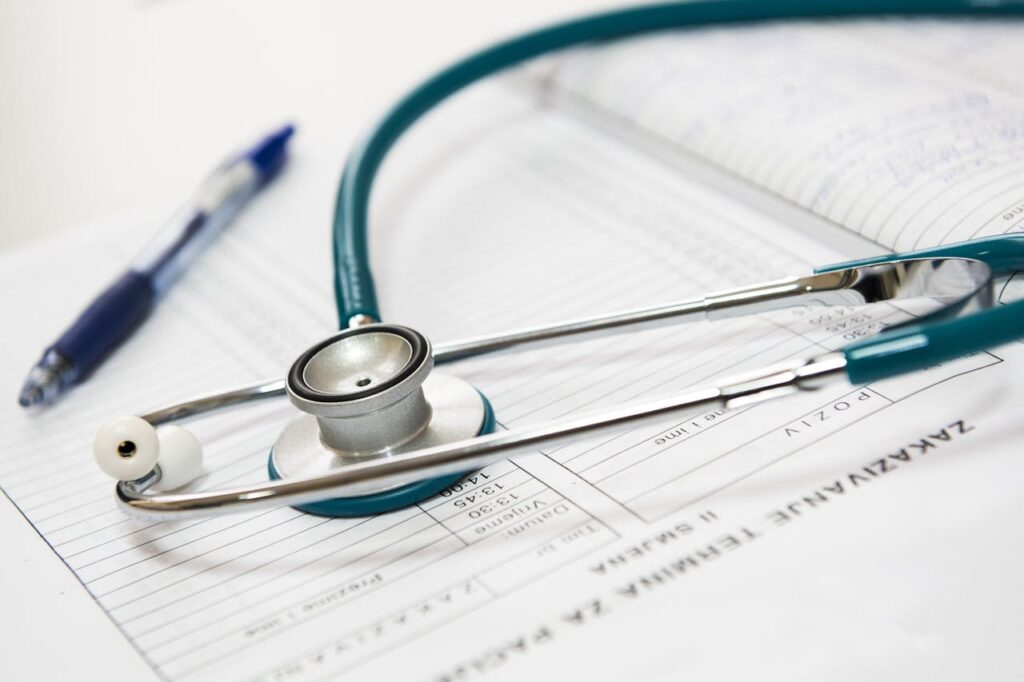 managing leaks, urgency, or frequent trips to the bathroom, it may be time to speak with a urologist in Brisbane.
managing leaks, urgency, or frequent trips to the bathroom, it may be time to speak with a urologist in Brisbane.